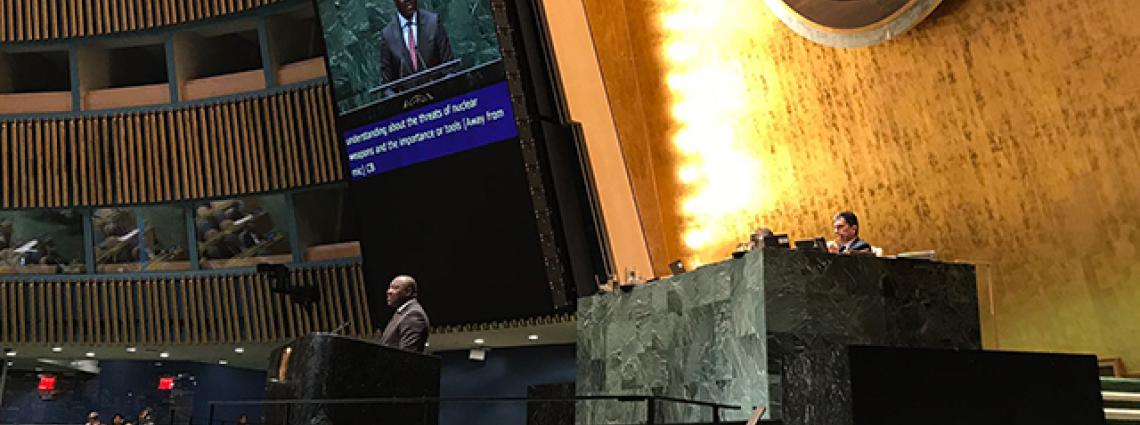United Nations General Assembly High-Level Meeting Marks International Day Against Nuclear Tests
6 September 2018
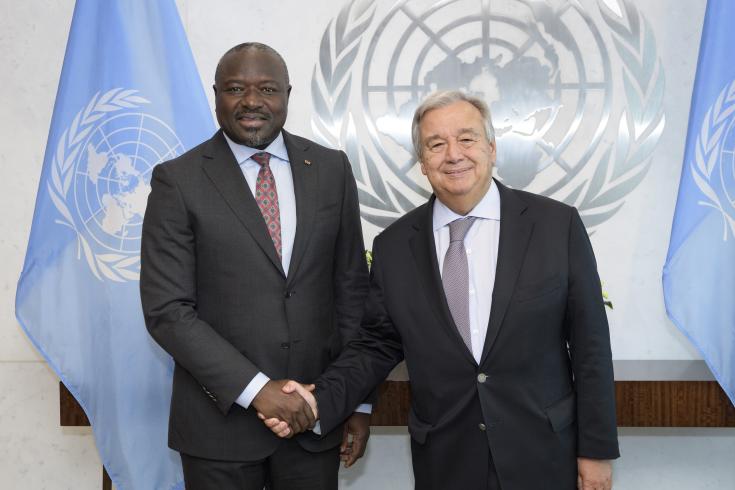
CTBTO Executive Secretary Lassina Zerbo and United Nations Secretary-General António Guterres (UN Photo/Manuel Elias)
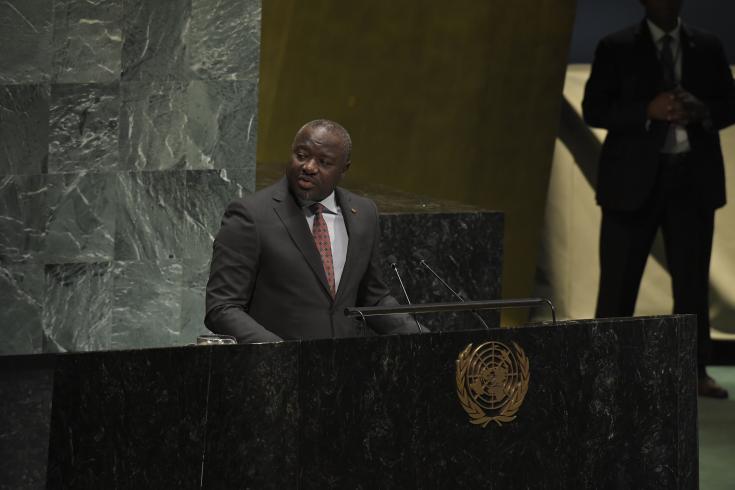
CTBTO Executive Secretary Lassina Zerbo addresses the UN General Assembly (UN Photo/Evan Schneider)
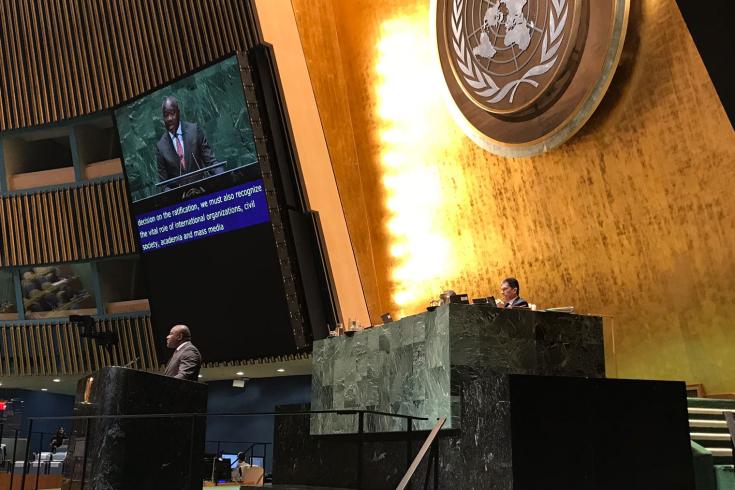
CTBTO Executive Secretary Lassina Zerbo addresses the UN General Assembly
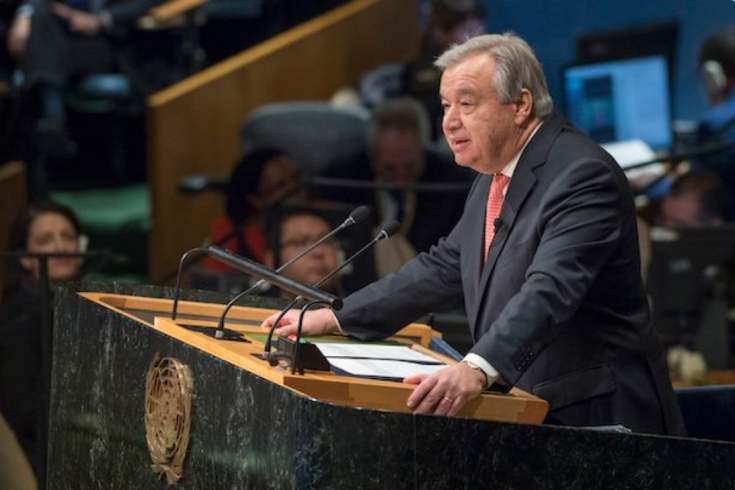
United Nations Secretary-General, António Guterres addresses the UN General Assembly
Karipbek Kuyukov, Artist and The ATOM Project Honorary Ambassador addresses the UN General Assembly
The consequences of nuclear testing for humans and the environment should always inform our collective efforts to bring about their end. But we must always consider that a complete and verifiable ban on nuclear tests is but a step on the path to our ultimate objective of a nuclear weapons free world.
The complete and verifiable cessation of all nuclear tests is a vital pillar of a world free of nuclear weapons -- a safer and more secure world for all. I am convinced we can achieve this, and I am ready to provide whatever assistance is needed to attain this goal.
Acknowledging that our international institutions and instruments are potentially at risk should provide us with all the more reason to demand urgent action. And the most sensible place to start is the CTBT, a measure that will produce tangible benefits for humankind.
....nuclear tests pose another risk: a political one. Because, simply put, these tests do not build trust. Instead, they escalate tensions. They create openings for political miscalculations. And they bring us closer to the brink. This is the reality, when it comes to nuclear testing. And it shows why today’s meeting is vital - for our planet, and for humanity.
Resources:
- Statement by Dr Lassina Zerbo (PDF)
High-Level Meeting of the General Assembly to Commemorate and Promote the International Day against Nuclear Tests - Statement by United Nations Secretary General, António Guterres
- Statement by President of the 72nd session of the UN General Assembly, Miroslav Laj?ák
6 Sep 2018
